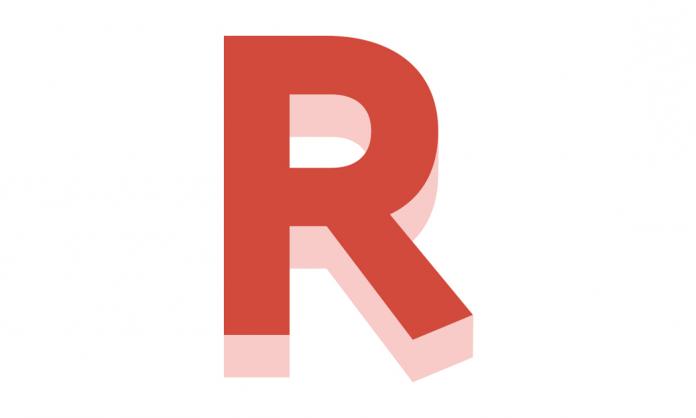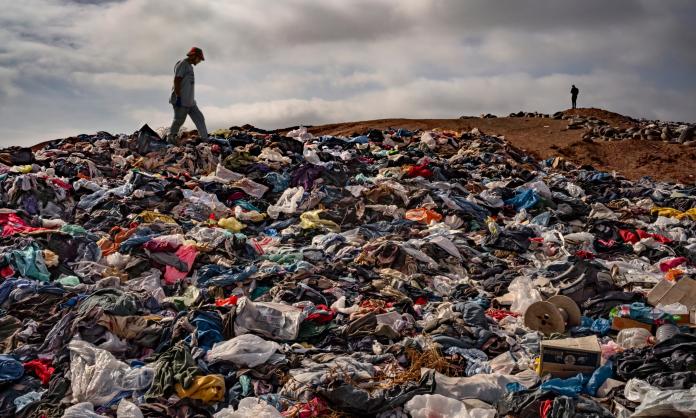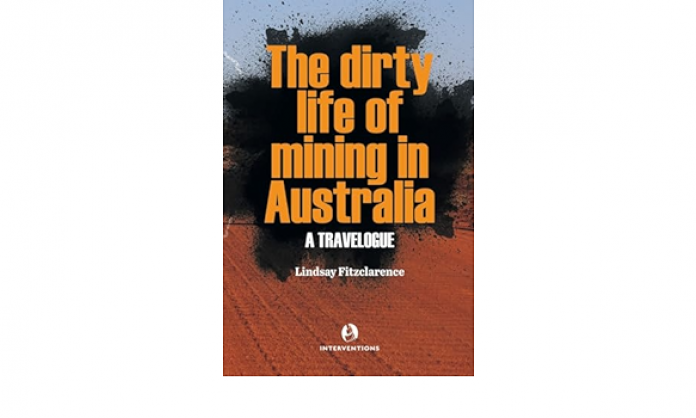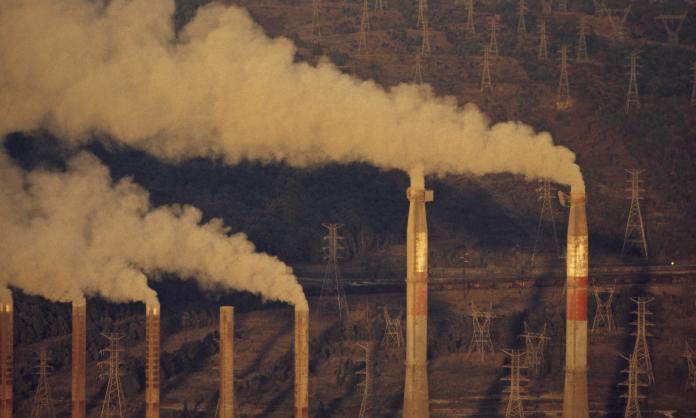US President Joe Biden has approved a 30-year oil drilling lease for ConocoPhillips’ Willow project. Last July, Biden admitted that “climate change is literally an existential threat to our nation and to our world”, but expanding the fossil fuel industry with ventures like Willow is ensuring climate catastrophe.
The Willow project is located on Alaska’s North Slope in the National Petroleum Reserve, which is owned by the federal government. This vast pool of oil lies under the western Arctic, a region where the temperature is warming faster than any other place on Earth.
The project will produce approximately 586 million barrels of oil over its 30-year lifespan, according to the American Bureau of Land Management. ConocoPhillips, Alaska’s largest crude oil producer, thinks the reservoir could produce a third more than that. The US government estimates that it will emit more pollution annually than 99 percent of all current single operations in the country.
The company has previously drastically underestimated emissions for its projects. As of 2021, its nearby Alpine oil project had already exceeded initial emission estimates by 30 percent. It expects to triple the preliminary emissions target while drilling the remaining oil. Stop Willow, an NGO campaigning against the project, states in a fact sheet on its website: “If Willow, like nearby Alpine, were to have three times the climate impact predicted by current government estimates, that would be equivalent to the annual emissions of every coal plant in the nation”.
Indigenous communities have warned that the project will endanger their traditional activities and food security. The Inuit people of this region are on the front lines of the climate crisis, with rapidly warming temperatures already causing increased storm surges and abnormal rain and snow patterns. This is killing food sources vital to these communities such as fish, birds and caribou.
“Oil and gas development should not happen at the expense of our health and our survival. Our communities are not sacrifice zones”, said Rosemary Ahtuangaruak, an Inuit activist and mayor of Nuiqsut, a city with a predominantly indigenous population, in a public statement.
Biden ran on an election promise of “No more drilling on federal lands, period”. His administration has tried to absolve itself of blame for the project because the process of leasing the land to ConocoPhillips began during Trump’s time in office. But Biden finalised the deal. According to federal data from the Bureau of Land Management, Biden has granted almost 100 more drilling leases than Trump had at the same point in his presidency—he has reached a total of 6,780. US oil and gas production is booming and forecast to hit an all-time high this year.
Although Biden tries to posture progressively around the climate crisis, in practice it’s business as usual as the US government prioritises profit over the environment.
The administration has felt pressured to reduce the size of the Willow project, which is hugely unpopular; climate groups have launched massive petitions and legal challenges. Biden tried to reduce the number of oil drilling pads from five to two, which would still allow access to 60 percent of the oil reserve. ConocoPhillips and Alaska’s bipartisan congressional delegation aggressively lobbied the White House to approve three drilling pads. Even when Biden tried to appease the public by restricting the project to two pads, he caved in response to the argument that it would make the project unprofitable.
In Biden’s America, profits reign above all and cannot be sacrificed even for the sake of the planet. This holds true in Australia, where the Albanese government is also giving the green light to new coal, oil and gas projects. We cannot rely on appealing to those in power to discipline the fossil fuel industry, but we desperately need urgent action on the climate crisis.
The lobbying efforts of NGOs have not been able to halt the Willow project; climate groups like Stop Willow cannot match the economic power and political influence of ConocoPhillips. It would take a serious social mobilisation in the streets and working-class action to shut down the economy, to confront the fossil fuel tyrants who would rather line their own pockets than ensure a livable plant for us and generations to come.










